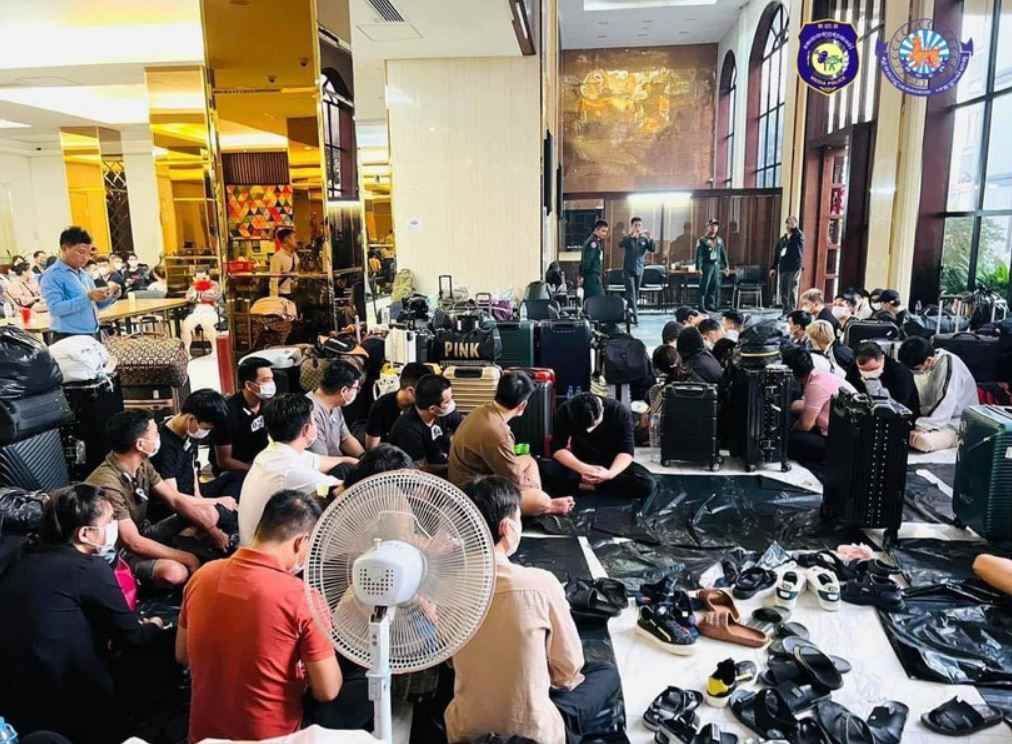The Thai economy is losing about 1,000 billion baht (nearly $27 billion) a year to cross-border fraud networks, according to the warning of Associate Professor, Dr. Aat Pisanwanich, an expert on international and ASEAN economics.
Citing the results of research by the United Nations Office on Drugs and Crime (UNODC), Mr. Aat said that Thailand has significant links to fraud rings associated with gambling and financial crime organizations located in Cambodia.
In Cambodia alone, fraud activities are estimated to be worth 1,000 billion baht per year. Thailand's alone transactions related to this black market network are said to have exceeded 1,000 billion baht per year - an amount that does not create real economic value and reduce the national growth potential.

The Thai economy is like a car that only runs at 90% capacity, Mr. Aat qualifications. Fraudulent activities have caused our actual GDP to fall, eroding international trust and making partners like Singapore tighten financial supervision. If not handled, this will seriously damage the national image and discourage foreign investors".
According to Mr. Aat, the scale of the problem is far beyond Thailand's self-respect. He called for international cooperation with powers such as the US, UK and South Korea, which have the capacity to trace criminal assets and dismantle online scams in the region.
To restore national prestige, Mr. Aat called on the Thai government to position the country as a "global clean business center" - a place that promotes transparency, integrity and combates financial fraud.
He suggested that Bangkok should organize international conferences on anti-fraud, inviting major economies such as China, the US, Japan, South Korea and the UK to attend, thereby establishing a joint task force to promote cooperation in fighting financial crimes and enhancing transparency in regional trade.
If successful, this initiative will not only help restore global trust in the Thai economy, but also enhance the political prestige of the government and relevant ministries.
If we continue this problem without taking drastic action, Thailands image will worsen, causing its national prestige to fall behind other ASEAN countries. This is one of the reasons for the serious decline in foreign investment in Thailand, Mr. Aat warned.
Concluding, Mr. Aat emphasized that fraud networks have become a chronic disease that threatens Thailands economic potential. Only by taking decisive, transparent actions and international cooperation can this country turn the crisis into an opportunity.











